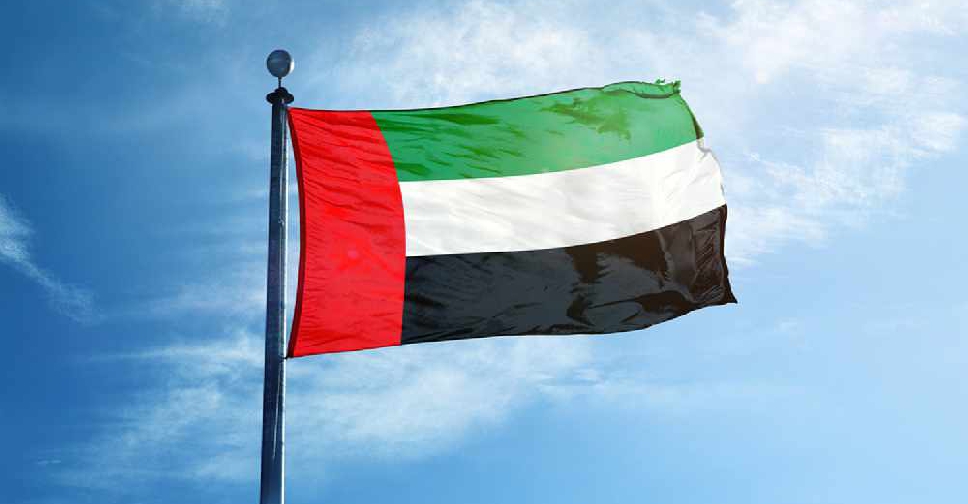
Alphabet Inc's Google said on Friday it would block its search engine in Australia if the government proceeds with a new code that would force it and Facebook Inc to pay media companies for the right to use their content.
Google's threat escalates a battle with publishers such as News Corp that is being closely watched around the world. The search giant had warned that its 19 million Australian users would face degraded search and YouTube experiences if the new code were enforced.
Australia is on course to pass laws that would make tech giants negotiate payments with local publishers and broadcasters for content included in search results or news feeds. If they cannot strike a deal, a government-appointed arbitrator will decide the price.
"Coupled with the unmanageable financial and operational risk if this version of the Code were to become law, it would give us no real choice but to stop making Google Search available in Australia," Mel Silva, managing director for Australia and New Zealand, told a senate committee.
Silva made no mention of YouTube in prepared remarks, as the video service is expected to be exempted under revisions to the code last month.
Google's comments drew a sharp rebuke from Australian Prime Minister Scott Morrison who said the country makes its rules for "things you can do in Australia."
"People who want to work with that in Australia, you're very welcome. But we don't respond to threats," Morrison told reporters.
At the inquiry, Australian Competition and Consumer Commission chair Rod Sims, who has overseen the new rules, said he could not predict what the tech giants would do but said "there's always brinkmanship in serious negotiations".
"They talk of commercial deals where they're in full control of the deal," he said. "In my view that's not a commercial deal."
Google has called the code overly broad and said that without revisions, offering even a limited search tool would be too risky. The company does not disclose sales from Australia, but search ads are its biggest contributor to revenue and profit globally.
The United States government this week asked Australia to scrap the proposed laws, which have broad political support, and suggested Australia should pursue a voluntary code instead.
Australia announced the legislation last month after an investigation found Google and social media giant Facebook held too much market power in the media industry, a situation it said posed a potential threat to a well-functioning democracy.
Google's threat to limit its services in Australia came just hours after the internet giant reached a content-payment deal with some French news publishers as part of three-year, $1.3-billion push to support publishers.
Google's testimony "is part of a pattern of threatening behaviour that is chilling for anyone who values our democracy," said Peter Lewis, director of the Australia Institute's Centre for Responsible Technology.




 Parkin to manage smart parking at select Spinneys, Waitrose stores
Parkin to manage smart parking at select Spinneys, Waitrose stores
 Meraas unveils expanded residential masterplan for Dubai Design District
Meraas unveils expanded residential masterplan for Dubai Design District
 UAE takes over presidency of MENA financial action task force
UAE takes over presidency of MENA financial action task force
 Dubai ranked world’s third most startup-friendly city in new global index
Dubai ranked world’s third most startup-friendly city in new global index


